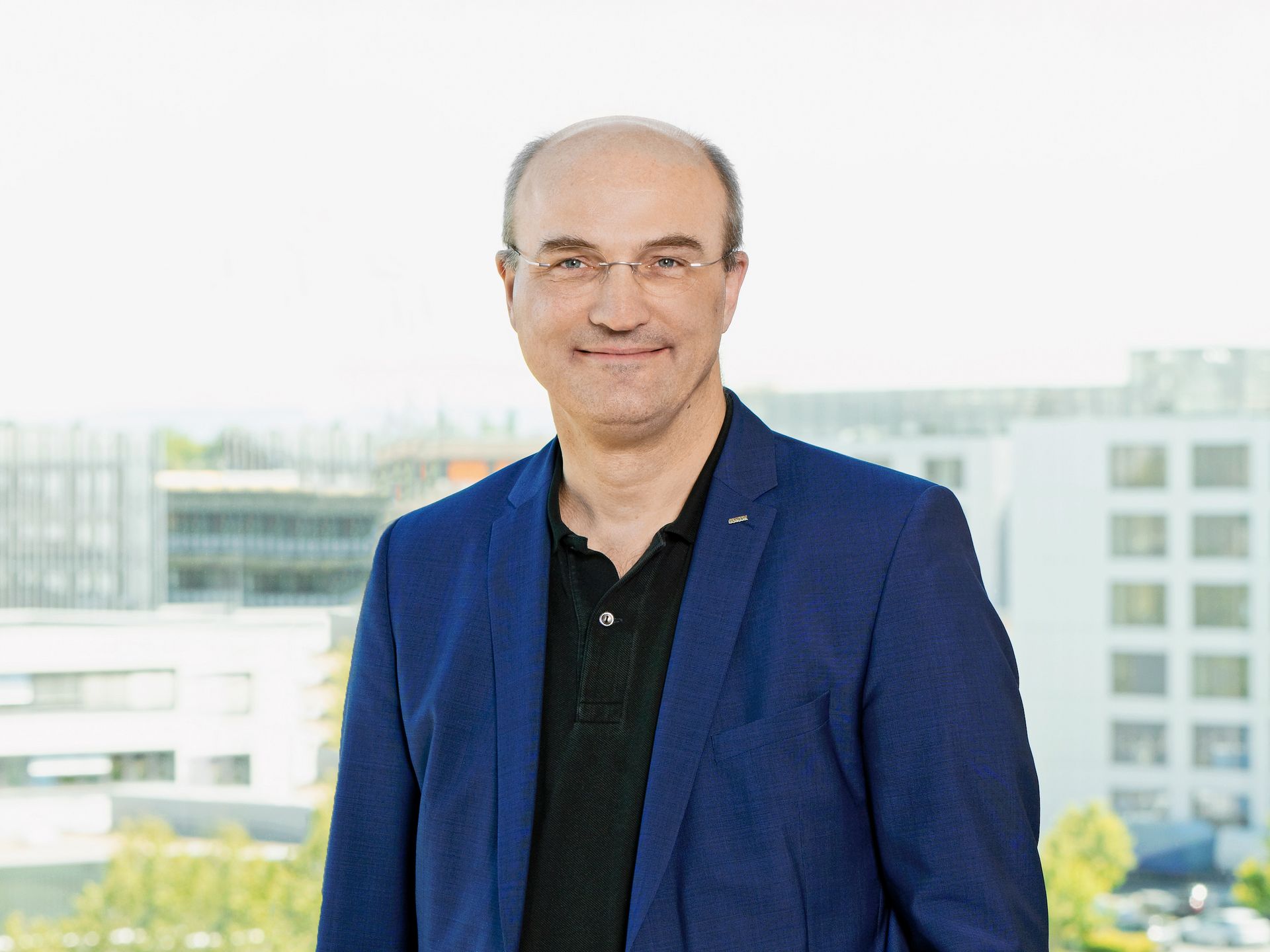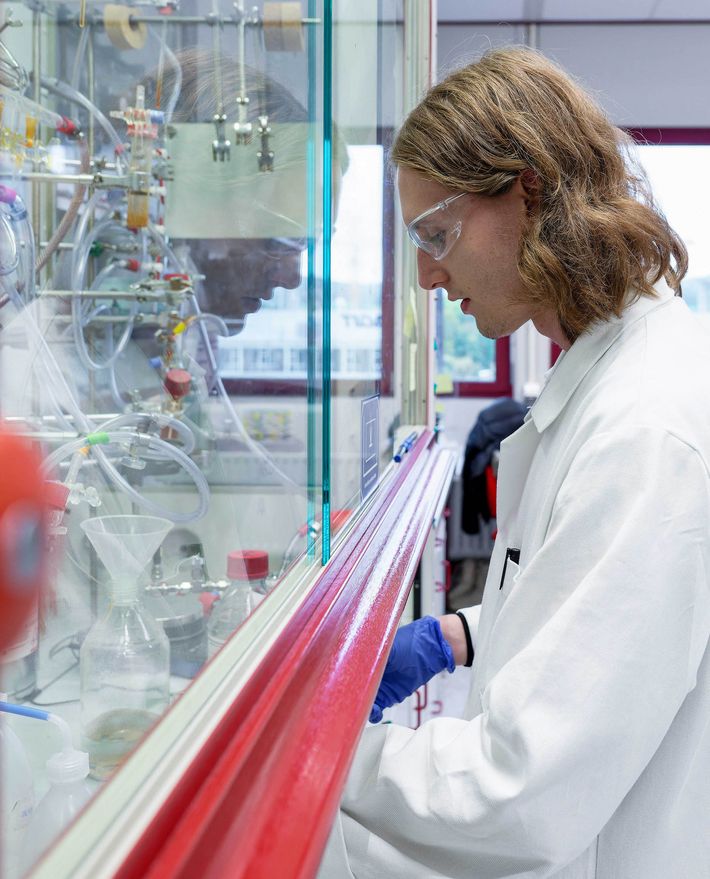News

“We want to generate knowledge that matters”
Ulrich Rüdiger, rector of RWTH Aachen University, says the WSS grant for the “catalaix” project is a fantastic outcome—and that the new WSS-funded research centre is an ideal fit at RWTH, both in terms of the university’s organisational structures and its long-term strategy.

Ulrich Rüdiger, what does the WSS grant signify for RWTH Aachen University?
The grant is a fantastic outcome—on different levels. Transforming linear value chains into a holistic, multidimensional circular economy is the challenge of a century. I’m convinced that the new WSS-funded catalaix research centre will make a significant contribution to meeting this challenge. In addition, the grant also demonstrates that we at RWTH have the institutional capacity to deliver this kind of cutting-edge research. And catalaix dovetails well with our structures.
How so?
With our Profile Areas, we’ve developed highly effective instruments for facilitating collaboration between researchers across disciplines and departments; thanks to these structures, the findings from excellent basic and applied research can be used to lay the foundation for socially relevant innovation. At RWTH, scientists coordinate their research activities, benefit from state-of-the-art infrastructure and form large research networks with academic and industrial partners. Our goal is to generate knowledge that matters and, in doing so, to make a positive impact on society. And because we understand this is impossible to do alone, we rely on our strong network of partners—in this case, WSS. In keeping with this philosophy, the title of our excellence proposal contained the three key terms: knowledge, impact and networks.
What role will the catalaix research centre play in RWTH Aachen University’s long-term strategy?
For one, catalaix as a research centre is in perfect alignment with our understanding of how interdisciplinary research should be conducted. For another, RWTH has adopted a sustainability strategy, including an implementation roadmap, that we are now absolutely committed to—and here, too, catalaix is an important building block that underpins our ambitions. Our goal is achieving climate neutrality by 2030, and the sustainability roadmap defines concrete measures and targets that support the overall strategy and that can be implemented at operational level. These targets and measures apply to all university areas: governance, teaching and studies, research and business operations. catalaix will unite many aspects here.
What results do you yourself hope to see at the centre?
My personal expectations of catalaix are research findings of the highest calibre, but I also hope to see a major strengthening of the structures at our university. The WSS project of the century focuses on a topic of the century that affects today’s society. RWTH Aachen University is committed to addressing major global challenges, and a circular chemical industry is a key factor when it comes to getting to grips with climate change. The ideas generated in catalaix will certainly be extremely interesting. The way the project team puts research, innovation—even inspiration—into practice has the potential to play an essential role
in preserving a world that is fit for us to live in.